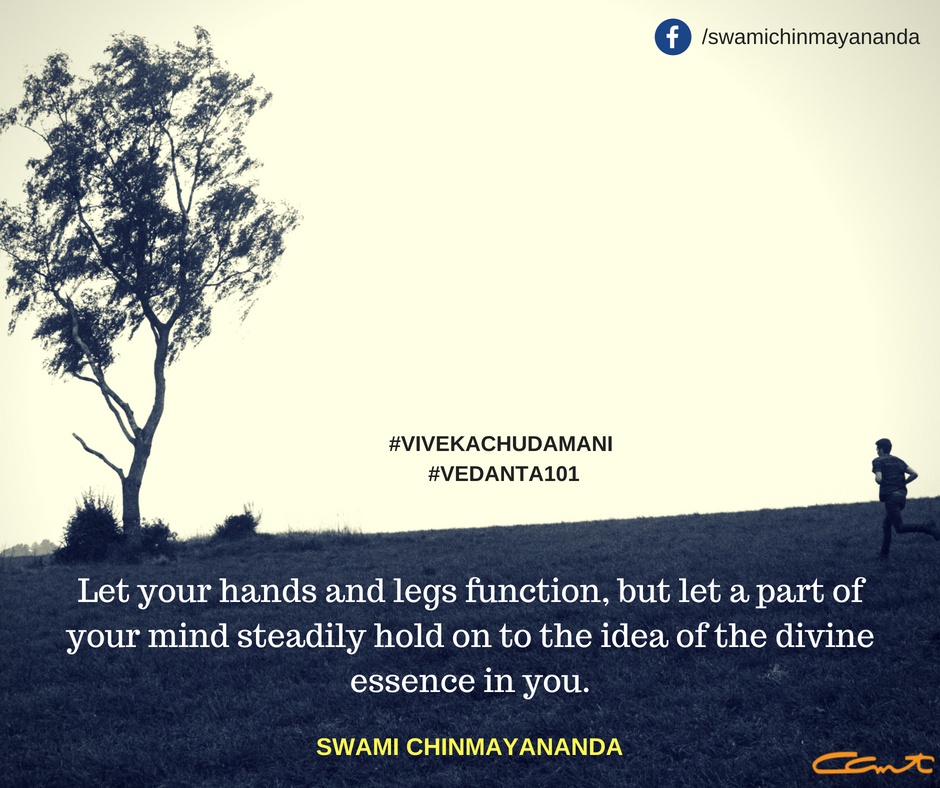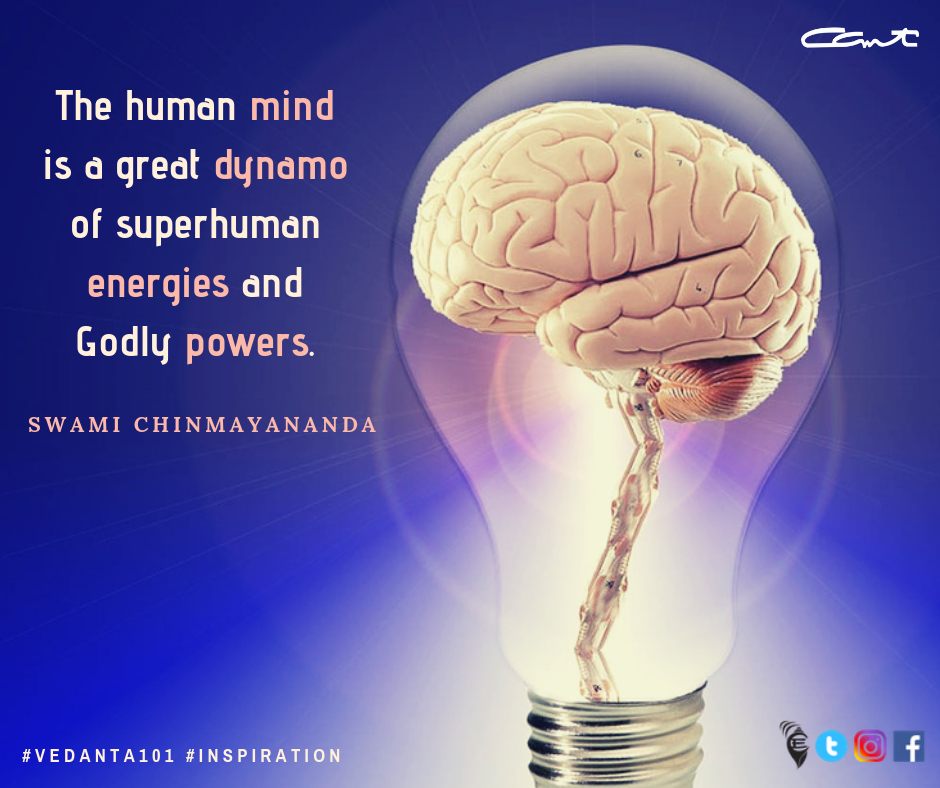UPANISHAD MANDUKYA : Chapter-1. Agama Prakarana ( The Scriptural Treatise ) Sri Gaudapada's glossary begins : Karika Mantram-s 1 to 9. Mantram-8 : Discussion :.

16/05/2019. Mandukya Upanishad : Chapter-1. Agama Prakarana ( The Scriptural Treatise ) Sri Gaudapada's glossary begins : Karika Slokam-s 1 to 9. Mantram : 8. "Iccha-matram prabhoh srstir-iti srstau viniscitah, kalat-prasutim bhutanam manyante kala-cintakah." Iccha-matram = merely a will; prabhoh = of the Lord; srstih = the creation; iti = that; srstau = regarding creation viniscitah = convinced; kalat = because of time; prasutim bhutanam = creation of beings; manyante = consider; kala cintakah = astrologers. "The Creationists attribute this manifestation to be caused by the mere Will of God, while there are others who, looking upon Time as real, declare that Time is the Cause for the manifestations of all things." Discussion : "Enumerating, in haste, the other theories which existed then, regarding the Creation of the world, here the glosser says that some of them believe that the creation of the world is caused...







